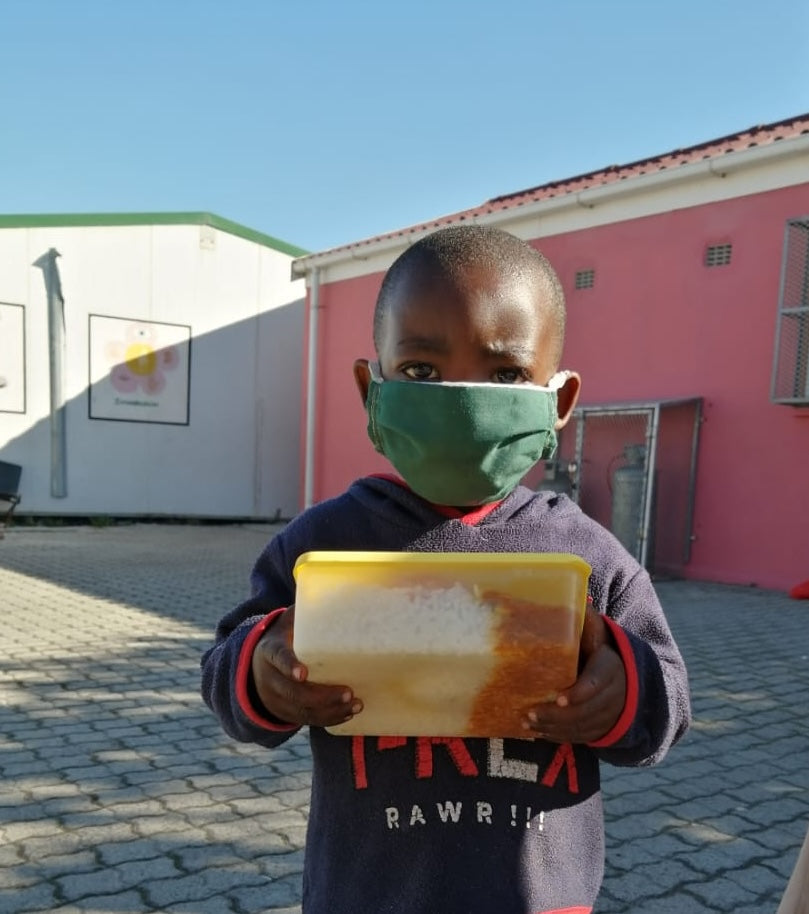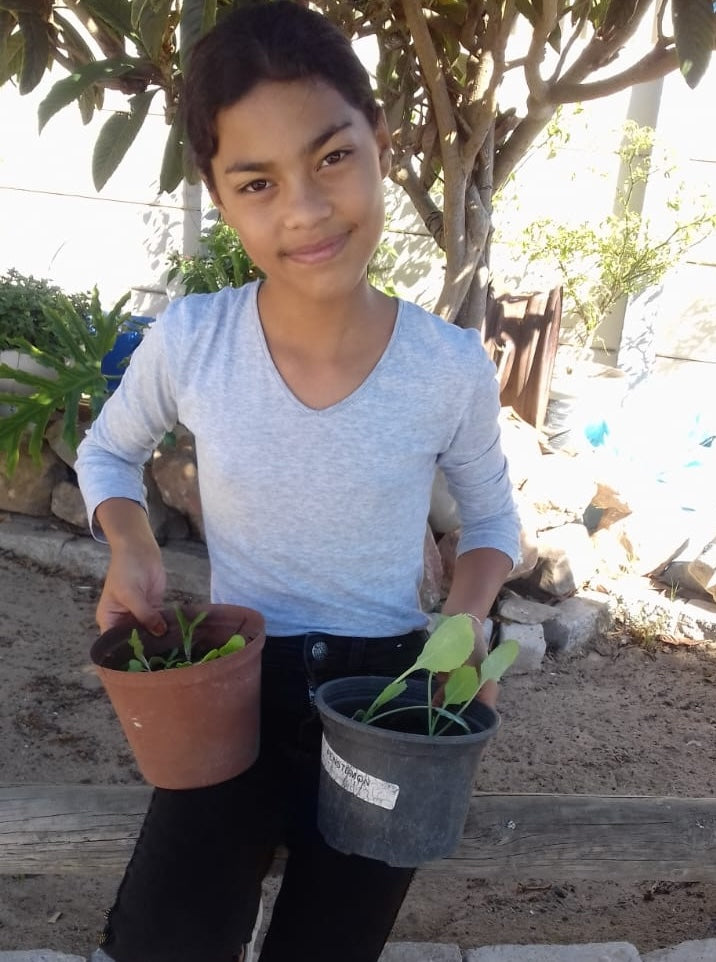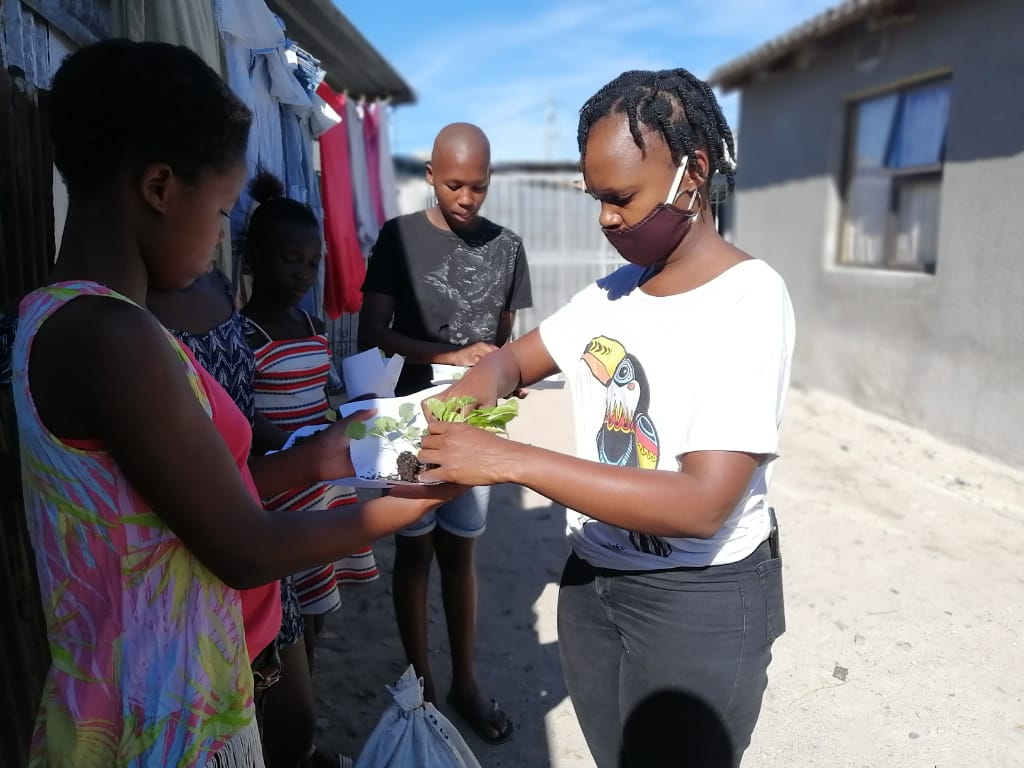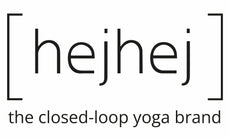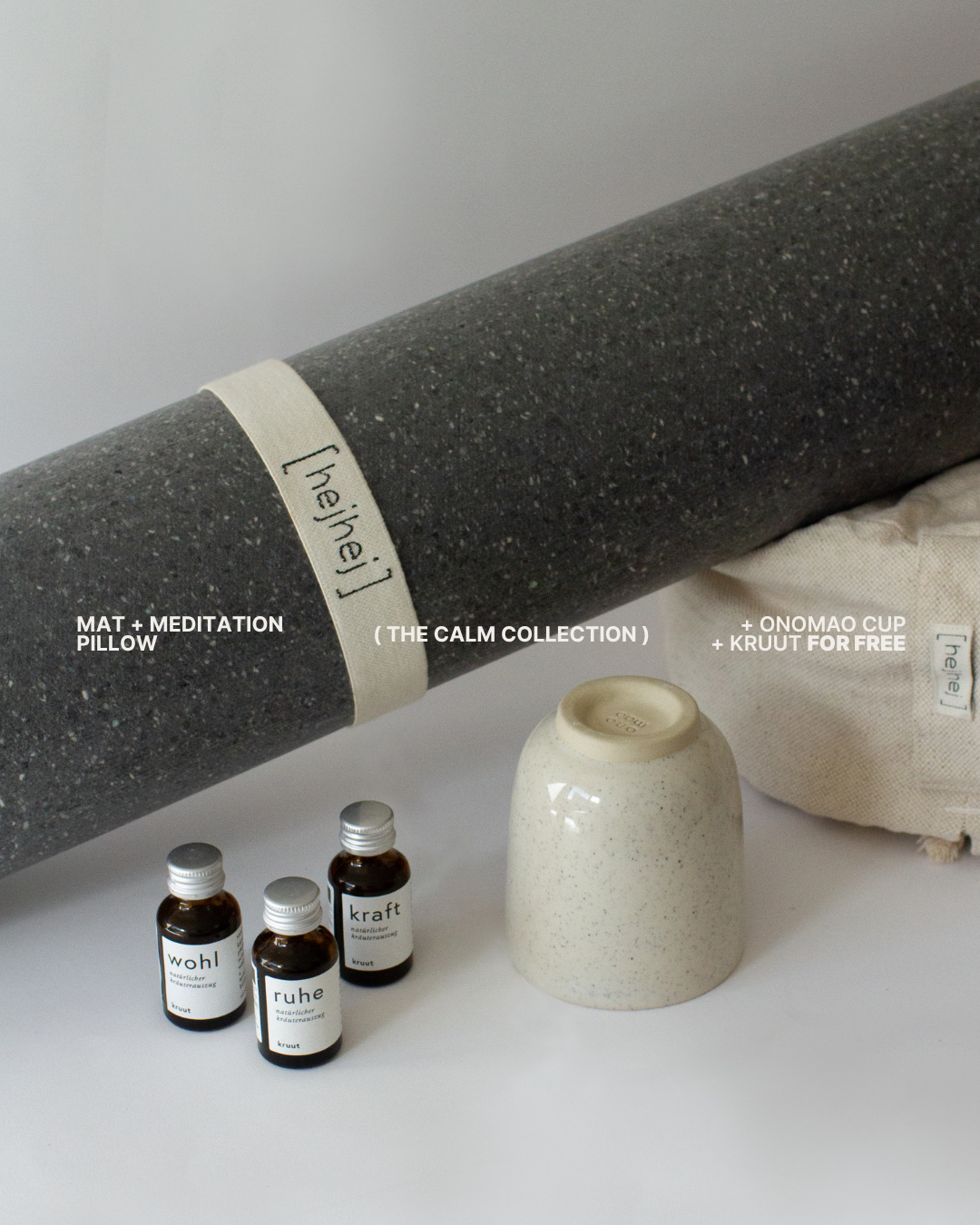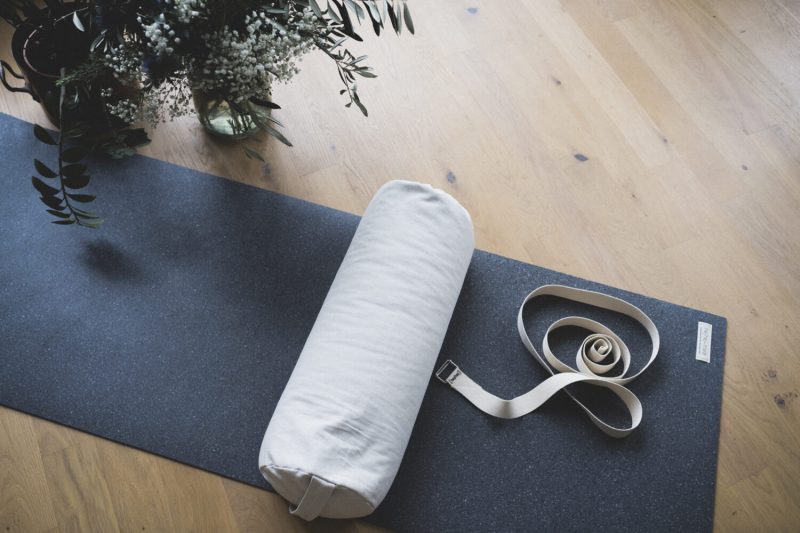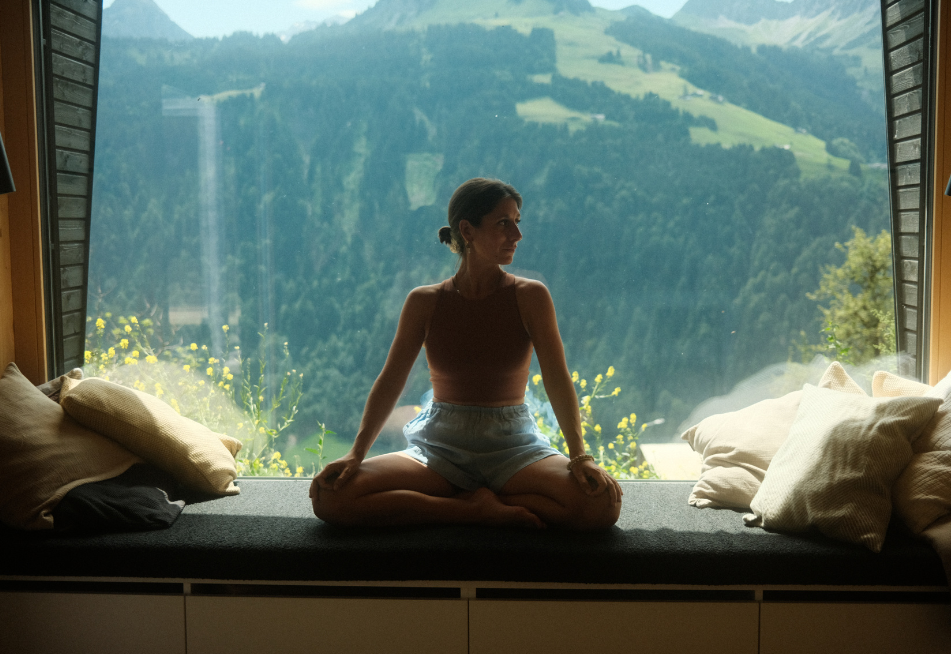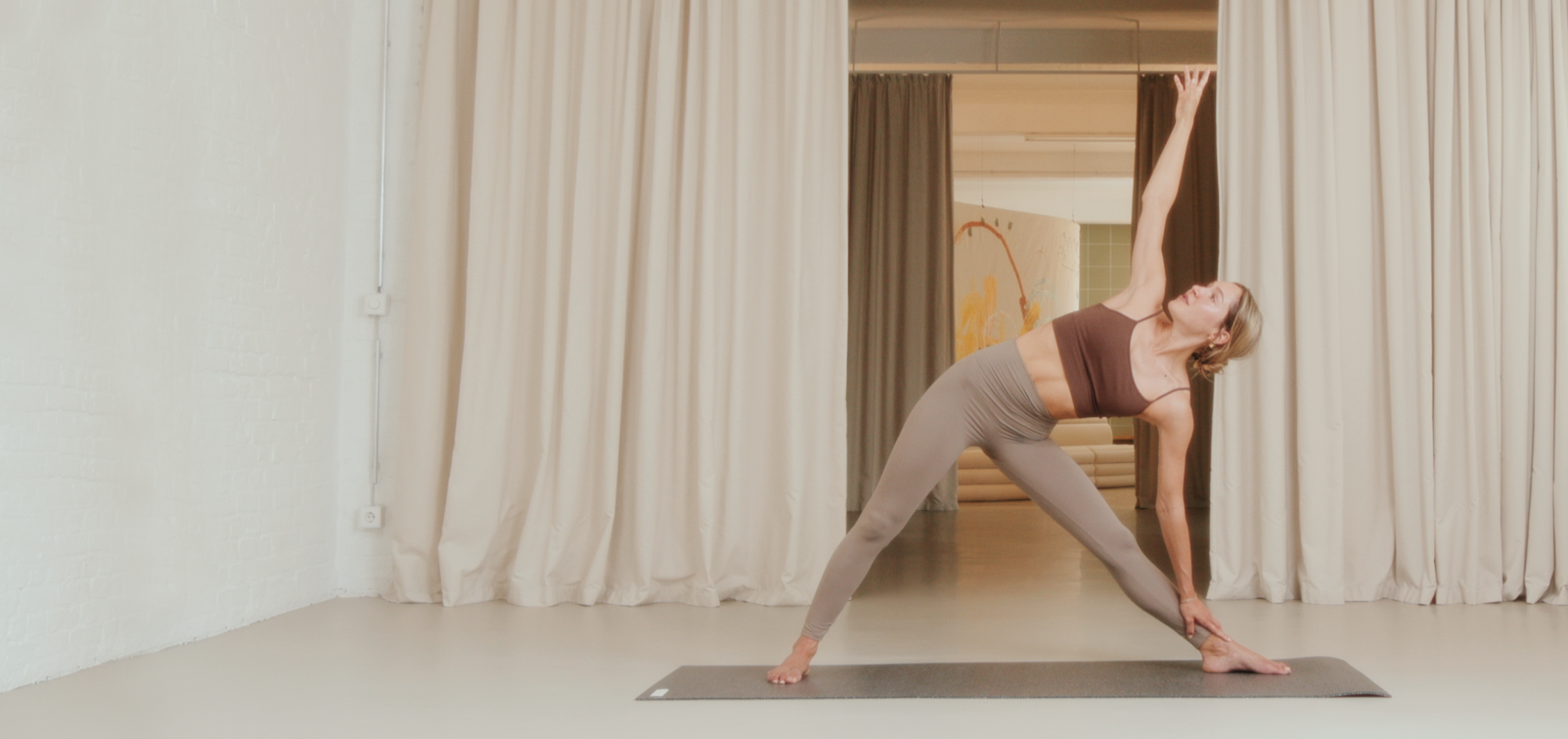A sustainability report is not only for big companies but also for small companies to transparently report about its sustainability actions. Yet, we mostly know impact reports from big corporations, who use this report to present itself as the most sustainable company, reporting about all the little things they do. In reality, most of them are not sustainable at all and just report because they have to. So an impact report doesn’t show that a company is sustainable since, at a certain size of a company, you are obliged to report. For a little start-up like hejhej, it’s certainly not mandatory. Yet, we hereby publish our first report. We often ask us the following question:
Which impact do we have?
Sustainability is the heart of our business and every decision we have to make is reflected on sustainability criteria. We try to achieve as much impact as possible – that’s our personal and our corporate goal. We always try to maximize hejhej-mats impact further. You might have recognized that our product, as well as our collaborations, are sustainable. We for example closely cooperate with workplaces for people with a handicap and try to thereby integrate people from marginal groups into our society. We try to use the most sustainable materials possible. Every little detail of our products is questioned and designed in the most sustainable way – the little logo on our yoga mats out of hemp or the zipper of our yoga bags out of recycled fishing nets. We do quite a lot and we also always try to communicate what we are doing, so that you can be part of our hejhej-movement.
Yet, we so far did not communicate measurable key performance indicators (KPIs) and with our first impact report, we want to change that. Measurable numbers are often easier to understand and show the impact a company has. It also shows consumers which impact they have. Consumers often think that they individually don’t have the power to change something. We have spoken about the power of consumers before and this impact report will prove your power with data. It will show you how you contributed since all the following numbers are linked to a hejhej-mat that you might have bought – you as an individual.
We decided to divide our impact report into the environmental and the social pillar of sustainability – one of the most known sustainability definitions and a way that makes the term sustainability quite easy to understand. Our first impact report covers the period from the start of our start-up in 2018 until the end of January 2021.
hejhej’s ecological impact: how much waste did we save?
hejhej-mats yoga mats have an ecological impact on two dimensions. On the one hand, they reduce the amount of waste right now. One hejhej-mat is made out of approximately 1,5 kg of waste. It’s foaming off-cuts that are naturally occurring in the foaming industry and would have been otherwise thrown away or would have been downcycled to a poor product such as damping material in houses.
This means that hejhej has so far rescued about 7529 kg of waste and given these 7529 kg of waste a new life in the form of a yoga mat.

Yet hejhej’s ecological impact is not only about upcycling waste right now, but it also has an impact in the future. Existing yoga mats so far are not recyclable, so basically EVERY yoga mat on the market will end up as waste. That’s just crazy! The good news is that our hejhej-mats won’t end up as waste. They are 100% recyclable and our closed-loop business model allows them to also really be recycled. They are not only recyclable in theory, but we will take back hejhej-mats that have reached the end of its lifespan, will recycle them and will use the material for new yoga mats. So the 7529 kg of rubbish we saved will be saved again in the future as your hejhej-mat will not end up as waste.
One really exciting other aspect is that we have inspired more companies to question their dealing with waste. One foaming company, for example, contacted us since they read about our business and noticed that they so far throw away all its foaming waste. We were really happy about that since this proves to us that we offer a waste solution to other companies. We are currently testing the way of cooperation here and maybe these off-cuts of this company will get a new life as a hejhej-mat as well.
In December 2020, we carried out our first social cooperation with the NGO Ocean Sole. Our hejhej x Ocean Sole yoga blocks are handmade in Kenya and one yoga block gives 21 flip flops a new product life. Feel free to read more about this action in our blog article. In total, 2100 flip-flops were collected from the beaches of Kenya.
hejhej’s ecological impact: how much trees did we plant?
Our business is built on products that are as sustainable as they can be. Yet, this was not enough for us. Since we are always striving for more impact, we wanted to have even more ecological impact. We are great fans of businesses that are not economically driven. We don’t want to make as much money as possible in order to sell the company or enrich ourselves. We want to use the money we generated for good causes and to achieve an even more sustainable impact. That’s why we have decided to donate a part of each product we have sold to sustainable causes. The first one has a great ecological impact.
Trees have incredible power and can help to fight climate change – they are a natural climate solution. They take C02 emissions out of the air and lock it away. Trees are a natural and quite easy way to help to make a change. For every hejhej-bag and hejhej-strap sold, we have decided to plant a tree together with Plant-for-the-Planet. In addition, we have used the reduction in German VAT from July to December 2020 as another opportunity to increase our impact. We kept our selling price the same during this time, donating the 2.52% of our gross sales that we gained. We planted trees with half of this amount.
So far, we have been able to plant 5134 trees with it.

hejhej’s social impact: how many yoga mats did we donate?
Last year, we did a buy one – give one special where we donated 50 mats to social initiatives. We donated the mats to the workplaces, we closely cooperate with – they take care of the sewing and shipping of our products. We wanted them to not only work but also use our yoga mats. Also, we donated 58 prototypes and testing mats to initiatives for people without a home. For homeless people, a blanket and a place to sleep on are the most needed things and we will continue this partnership also in the future.
So far, we have donated 108 yoga mats to social initiatives.
hejhejs social impact: How many children have we supported in South Africa?
We have used the method of donating a part of each sold product already at our first product, the hejhej-mat. Since our yoga mat is built around the ecological values of upcycling waste and closing the loop, we also wanted to create social value. Children are our future – we need to invest in our children so that they can make a change. The amazing NGO EarthChild Project (ECP) is located in South Africa and supports children in the townships of Cape Town with education. ECP enables children environmental education as well as yoga and places both subjects into the curriculum of their school classes.
We were so in love with both the idea of teaching children to live a sustainable and resilient life through practices like growing their own vegetables as well as the idea of giving the children a place of inner and outer peace through yoga. The surroundings of these children in the townships of Cape Town are full of stress, noise, and violence. The little children learn how to calm down, how to become strong, and self-confident – all through the regular practice of yoga. Read here more about our cooperation with ECP. As mentioned before, we took advantage of the reduction in German VAT last year and donated the difference. Besides planted trees, the other half went to EarthChild Project.
So far we have donated 10.909€ to the NGO EarthChild Project.
We supported 327 children with weekly yoga classes and 235 children with weekly environmental classes for one year. We have donated 265€ to help them build a new and safe yoga room in one of their schools in the townships. And just recently we have enabled 100 children with data for one month and donated 2000 lunch meals.
Our donation in 2020 was influenced by the Covid-19 situation. Media coverage was full of privileged western people staying home. The reality of the children of ECP is that they can’t go to their beloved school anymore, they have to stay home where it is often small, dirty, and sometimes even violent. During these times it is more important than ever to stay connected with these children and ECP does that via WhatsApp. Yet, they need money and data to make this possible which is why we were happy to donate and therethrough enable 100 children with data for one month. What is also so important for the children is a daily full meal.
Families are poor and many parents lost their jobs due to the current situation. ECP offers meals at school, where children can come and pick up their lunch meal. There, children also get informed about hygienic care as well as wearing face masks. We have donated 2000 meals and the organisation was overwhelmed by our support. Due to the support, they can even enlarge the lunch project and reach way more children than planned.
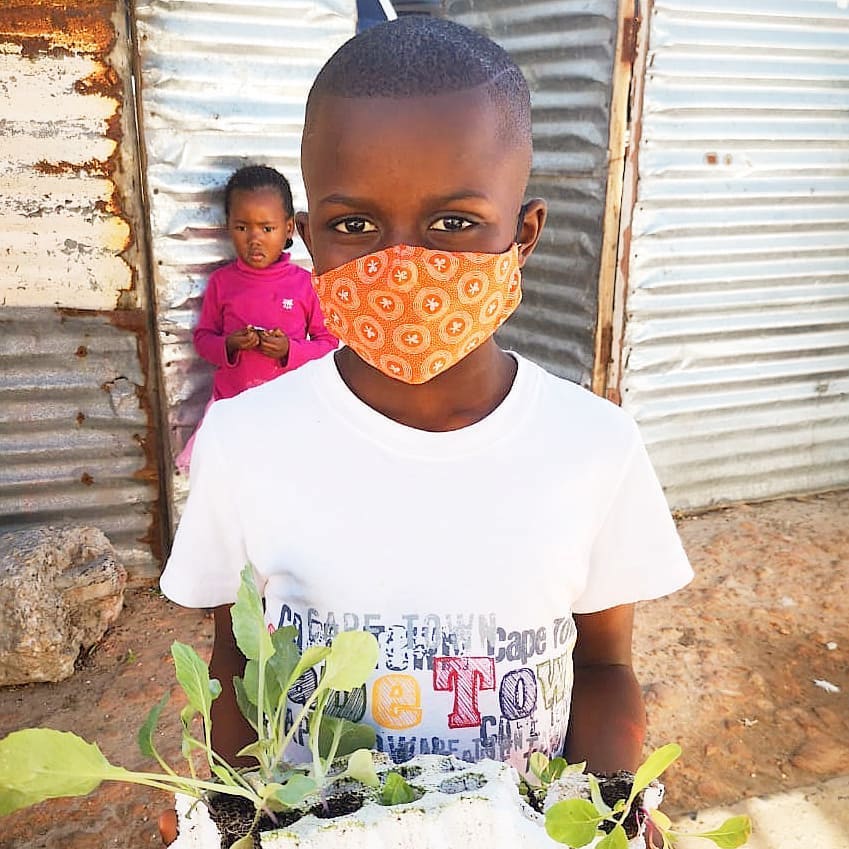

In summary, hejhej saved 7529 kg of waste, planted 5134 trees, donated 108 yoga mats to social initiatives and supported the NGO EarthChild Project with €10909.
These four numbers are KPIs we set for us. KPIs are common to measure progress and success and a typical, economical KPI is for instance revenue. For us, not these economical KPIs are important, it’s our impact and how we can make this planet a little bit more sustainable. The amount of reduced waste, the amount of planted trees, donated yoga mats as well as the number of supported children are reflected through our KPIs that measure the success of hejhej, and the impact we have.
We are really happy about our impact so far, yet, we always strive for more and hope to save a lot of more waste in the future, hope to support way more children, donate more yoga mats and plant more trees. We will continue communicating about our measurable as well as non-measurable impact on social media and here in our blog as usual. We will also be publishing a second impact report next year with all the new measurable metrics so you can read again about our progress and our social and environmental impact.
